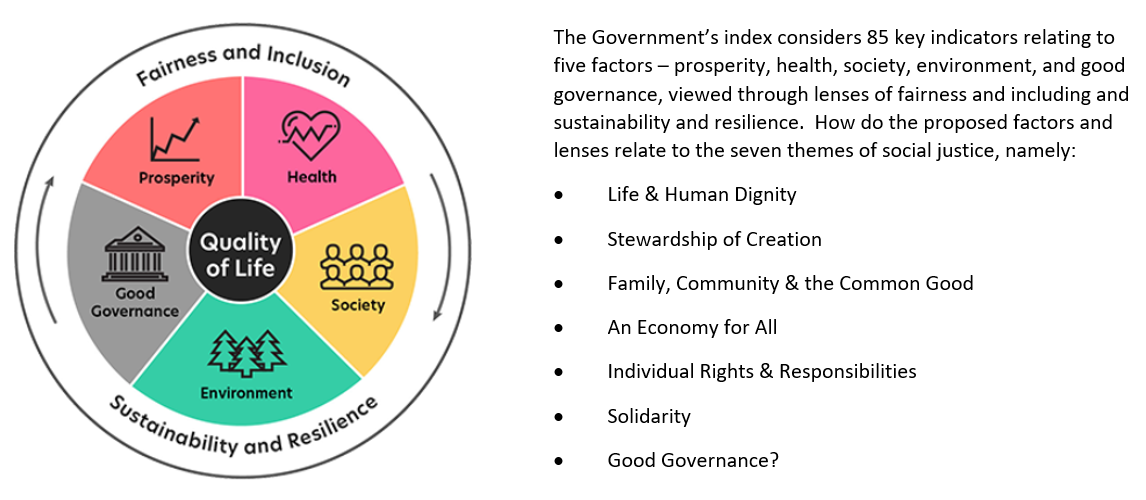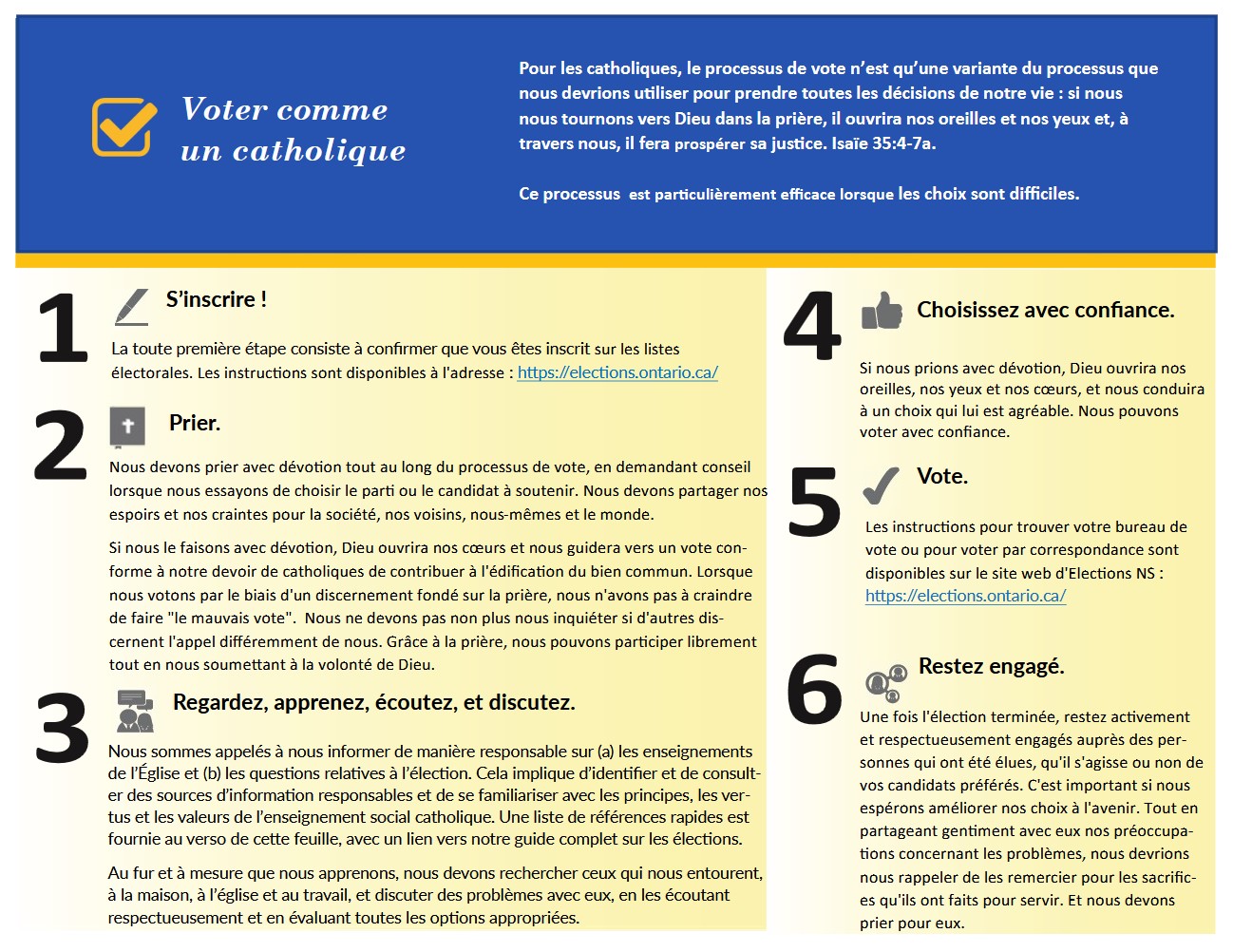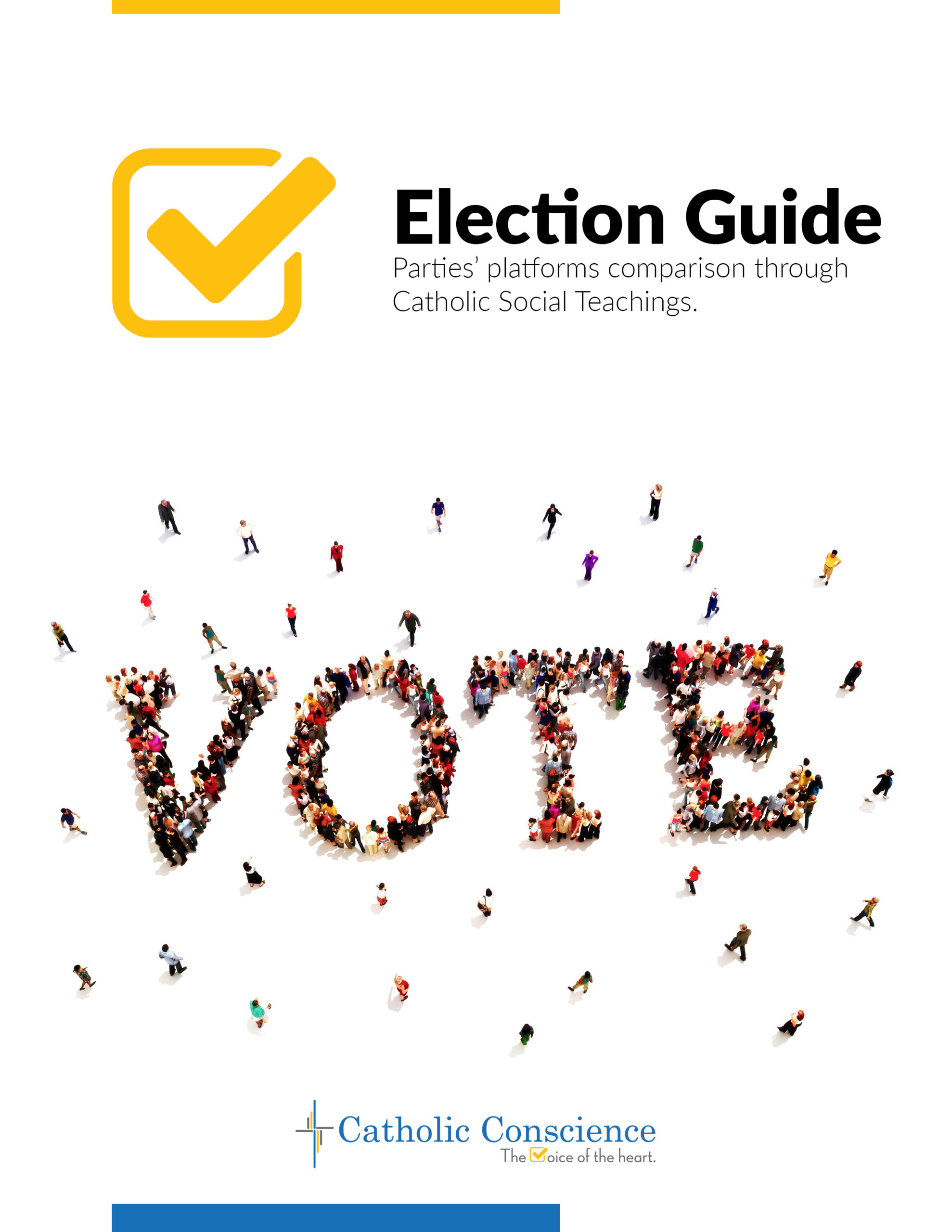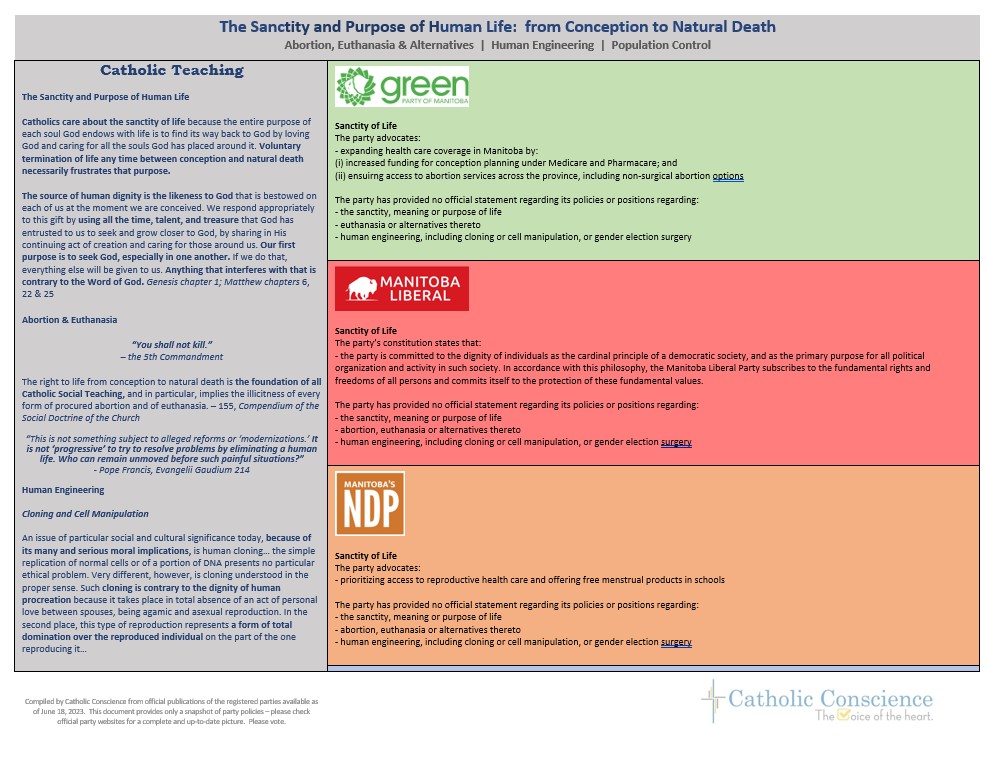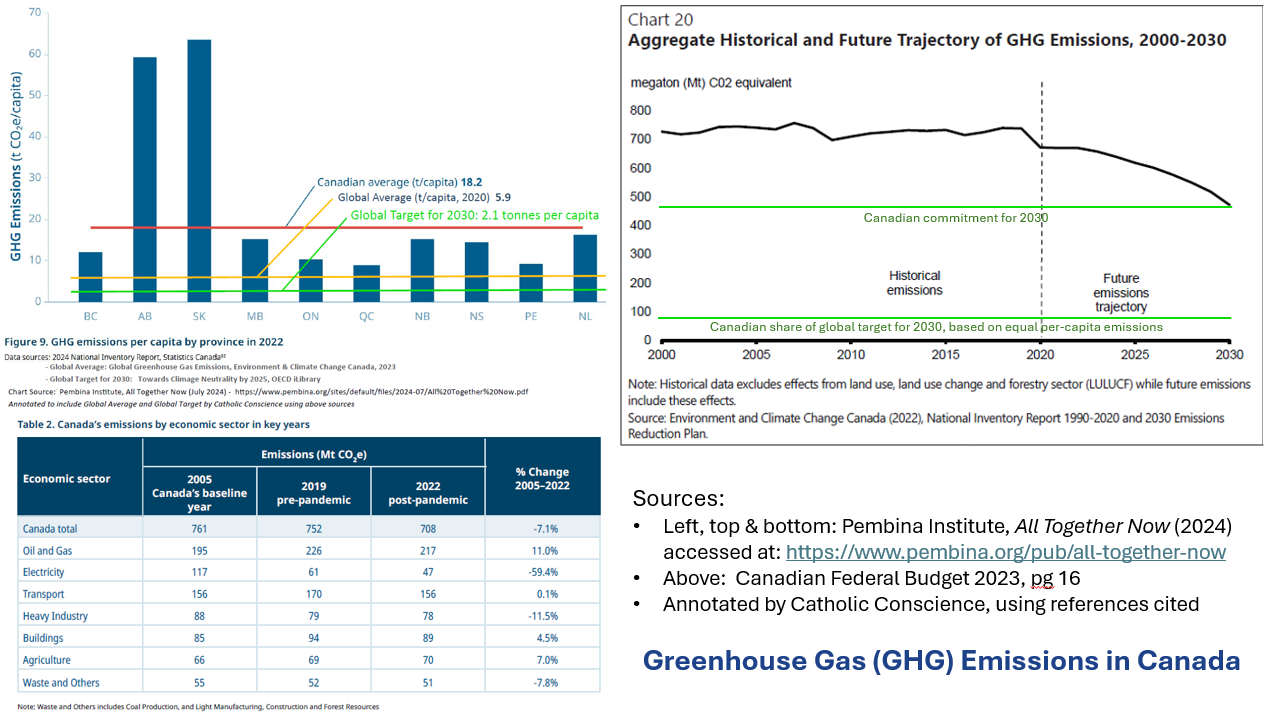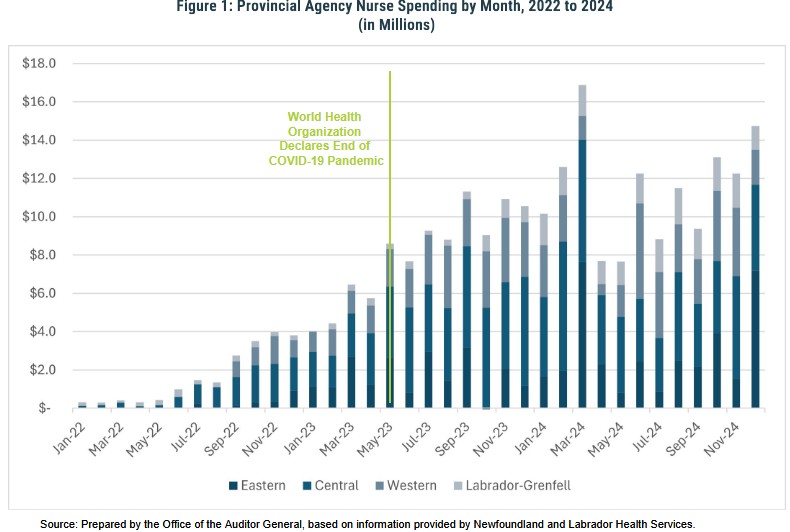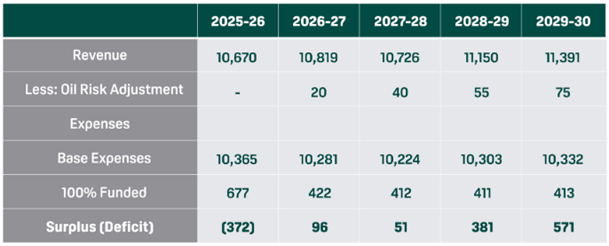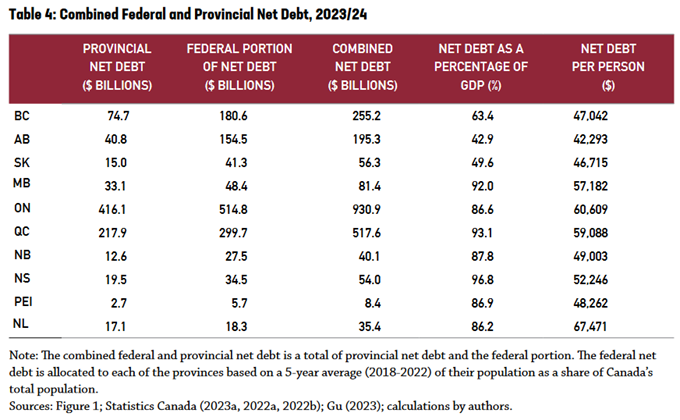Role of and Support for the Family
Child Care
The party’s latest platform statement (dated 2019) states that:
-during its prior term in office it delivered quickly on its commitment to $25 per day child care, allowing more parents into the workplace, helping to grow the economy and ensuring that more children receive quality early learning and care.
-in order to address identified issues with competing wages in other sectors in Labrador, it also implemented a rate escalator for child care services operating in the region to support the recruitment and retention of Early Childhood Educators (ECEs), and initiated the Casual Caregiver Pilot Program.
-it advocates continuing to work with the early learning and child care sector to expand on affordability for families and continue to increase the number of regulated spaces, and undertaking a review of regulations to shape the future of early learning throughout the Province.
The party’s 2025 budget states that the party remains firm in its commitment to advance early learning and child care, and proposes:
-allocation of $110 million to support the operating grant program and $10-day child care.
-$3.9 million for projects to increase the number of child care and early learning spaces.
-$1.7 million for bursaries and grants for students to become an early childhood educator.
The party’s 2025 budget further states that:
-to help promote the well-being of children and families, the Summer Camp Inclusion Grant provides funding toward the cost of hiring a support person to help accommodate children with disabilities to attend summer camp. Since 2023, 27 families and 20 organizations have received funding to facilitate the participation of dozens of children with disabilities in summer camp programs.
Health Care & Elder Care
Primary Care
The party’s latest platform statement (dated 2019) advocates a bold path to make the province, which was then experiencing the highest rates of mortality due to cancer, heart disease and stroke, respiratory diseases, and diabetes in Canada, one of the healthiest in Canada by 2031, by:
-culturally-sensitive, inclusive and progressive policy initiatives both at the community and provincial level, including development of a cost-neutral plan to improve the healthiness of provincial residents, and using resulting healthcare savings to invest in community health infrastructure and programs; and
-making healthier choices more accessible.
-appointing Dr. Patrick Parfrey and Sister Elizabeth Davis of the Sisters of Mercy to develop a 10-year plan for transformation of provincial health care, including implementation of initiatives to provide better health outcomes at lower cost, increase patient satisfaction rates and provide stronger control over costs and risk reduction.
-instead of cutting costs, re-investing savings from a value-based healthcare system into improving the social determinants of health and wellness of provincial residents.
– offsetting sedentary lifestyles and rising screen time by making healthy, physically active lifestyles easier for provincial residents through introduction of a Promoting Physical Activity (PPA) tax credit, applicable to costs associated with fitness classes and enrollment in in sports programs.
-offsetting low provincial population density by continuing to develop eHealth/telemedicine protocols.
-completing the Corner Brook acute care hospital project, which was on track to open in 2023 an begin serving Western Newfoundland and Southern Labrador with the same services as the Western Memorial Regional Hospital as well as an expanded cancer care centre. The project included allocation of $2 million for the Western Regional Hospital Foundation, toward a PET scanner.
-enhancing the Medical Transportation Assistance Program (MTAP) to help people who must travel for specialized insured medical services, including reducing the private vehicle deductible from 1,500 km to 500 km, allowing Income Support Clients to claim a $25 per night private accommodation rate, with meal allowance.
-enhancing primary health care by continuing to expand the number of primary health care teams throughout the Province, improving the scope of practice for healthcare providers, increasing the number of nurse practitioners, and filling vacant positions in the regional health authorities (RHAs), and continuing to support the Physician Bursary Program which has attracted new physicians to the Province.
The party’s 2025 budget speech states that record high investments have increased the health care budget by more than 40 per cent since 2020, positive results are being achieved.
– over 2,500 orthopedics surgeries were completed in 2024 – a 12 per cent increase from 2023, and non-urgent wait times for MRI have decreased by 13 per cent in the Eastern-Urban Zone of NL Health Services.
-use of agency nurse has decreased by 42 per cent from its highest point.
-124,000 accounts have been created on MyHealthNL.
-more than 200 patients have benefited from the innovative fly-in/fly-out program for cardiac catheterization, allowing them to return home the same day freeing up hospital beds.
-travelling orthopaedic teams have performed close to 500 joint replacement surgeries, drastically improving patient outcomes and quality of life.
Family Care Teams
The party’s 2025 budget speech states that:
-Family Care Teams were introduced just four years ago in 2021. Today, they are an essential aspect in the delivery of primary care with 75,000 people connected to the teams. There are 23 Family Care Teams active, with more in development. These teams allow health professionals, including family physicians, nurse practitioners, pharmacists, nursing professionals, and allied health care providers work collaboratively to meet individual health and social needs. For service providers, they are beneficial as they can help promote professional satisfaction and well-being, as well as shared learning opportunities.
-for 2025, $35 million is allocated to hire additional health care providers for existing teams, as well as the creation of new teams.
Health Infrastructure
The party’s 2025 Budget speech states that it continues work on improving access to care, including allocation of:
-$23 million to support the planning and development phase of the new acute care hospital campus in Kenmount Crossing.
-$7 million for the advancement of the new Downtown Health and Well-Being Centre.
-$3 million for the Redevelopment of the Janeway Children’s Hospital and to relocate women’s health services from the Health Sciences Centre to the Janeway to create additional inpatient bed capacity at the Health Sciences Centre.
-$1 million for the replacement of the Bay St. George long-term care facility.
-$1 million for the redevelopment of the Office of the Chief Medical Examiner.
-$450,000 to modernize campground facilities in Pippy Park in advance of the summer tourism season and the 2025 Canada Games.
-$342,500 for continued planning for a new multiplex recreational facility
Drug Therapies
The party’s 2025 budget speech states that ensuring that eligible residents receive essential drug treatments is a priority, reflected in the more than $200 million allocated in the Prescription Drug Program. For 2025, approximately $17 million in new funding will be used to add 18 drugs to the formulary, targeting treatments for cancer, cardiovascular disease, tumors associated with tuberous sclerosis complex, and reducing the risk of HIV-1 infection.
In-Vitro Fertilization (IVF)
The party’s 2025 budget speech asserts that:
-infertility impacts one in six individuals and can impact their quality of life and well-being. Its commitment to expand fertility services in province and to include IVF confirms its commitment to ensure people who require fertility treatment can receive it within the province.
-it proposes allocation of $3.2 million, including an increased subsidy for IVF funding up to $20,000 and working with stakeholders to establish IVF services within the province.
Recruitment
The party’s 2025 budget speech states that in 2025 the province will have 84 seats dedicated for Newfoundland and Labrador students in the Faculty of Medicine, and that seats in Memorial University’s nursing program were increased by 25 per cent, and that the number of nurse practitioner seats were doubled to 40.
-more than 300 Faculty of Medicine undergrad students and more than 300 residency students are learning and working in Newfoundland and Labrador. At the Faculty of Nursing, there are approximately 340 future nurses enrolled.
-approximately 97 per cent of last year’s nursing graduates were recruited to work in Newfoundland and Labrador, the highest percentage in provincial history.
-more than 140 physicians and 1,100 nurses have been recruited since April 2023.
-recognizing the need to continue to invest in recruitment and retention, it has allocated $10 million for recruitment, in addition to the close to $7 million for the Faculty of Medicine and the required funding for more undergraduate seats for Newfoundlanders and Labradorians, expansion of the Internal Medicine Canadian and International Program, creation of longitudinal integrated clerkships, and increased preceptor remuneration and learner supports.
Health Innovation
The party’s 2025 budget speech states that:
-it has allocated $140 in 2025 as part of a $620 million investment for a new health information system.
-as part of its plan to create a more effective and efficient system, it is building an ambulatory care clinic and two urgent care centres on the Northeast Avalon to provide improved services to 50 per cent of the province’s population. Supported by a $15 million investment, the new facilities will ease pressure on emergency rooms and larger acute care settings.
-an additional $1 million is allocated for medical transportation assistance to build on enhancements launched last year.
-an additional $4 million is allocated for preventative cancer treatment, such as human papillomavirus screening and expanding the lung cancer screening program. The eligibility age for breast cancer screening has been reduced to 40.
Paramedicine
The party’s 2025 budget allocates $26 million for development of an integrated road and air ambulance system that will improve the way patients are transported to health care facilities, including more than $8.5 million to expand helicopter emergency medevac services and $6.5 million to recruit and retain paramedicine professionals.
Mental Health and Addictions
The party’s 2025 budget allocates more than $22 million to expand mental health and addictions services, including opening of a new Mental Health and Addictions Centre and:
-more than $6 million to support addiction recovery, including a 10-bed unit in Labrador, and recovery homes.
-over $5 million to enable The Gathering Place to provide social support and services to vulnerable people.
-more than $3.6 million for stepped-down mental health facilities and wraparound community-based supports.
-$5.7 million to enable Choices for Youth to implement services for vulnerable youth.
-approximately $1.5 million to enable the Harm Reduction Team to continue providing care for vulnerable individuals.
-more than $600,000 to increase availability of naloxone kits to assist individuals at risk of overdose from opioids.
Long-Term Care
The party’s latest platform statement (dated 2019) states that the province has the oldest population in Canada and it continues to get older faster than any other jurisdiction in the country. With one in every five residents over the age of 65, the province has an opportunity to lead the way in seniors and long-term care. It is committed to work with the Federal Government to develop standards, including innovative approaches such as public long-term care insurance.
Period Poverty
The party’s latest platform statement (dated 2019) states that:
-period poverty occurs when those on low incomes can’t afford, or access, suitable period products. A 2018 report from Plan International Canada found that one in three Canadian women under the age of 25 struggle to afford period products, and the cost is often higher in rural areas.
-nearly one in seven Canadian young people have either left school early or missed school entirely because they did not have access to the sanitary products they needed to manage their periods. This results in missed opportunities, uncomfortable conversations, and unhygienic solutions.
-it undertakes to provide period products free of charge in schools to people who need them. People who menstruate should be able to access hygiene products without worry about cost or embarrassment.
-alleviating the issues surrounding access to period products for young people attending school is an important step toward addressing period poverty in the province.
Elder Care
The party’s latest platform statement (dated 2019) states that:
-it will continue establishment of the provincial Seniors’ Advocate, to make life easier for seniors.
-it will develop an intergenerational program guide to address the gap between young people and older adults, which can be attributed to various factors such as family mobility, single-family homes, and an increase in senior citizens living in assisted living and long-term care homes. Connecting generations benefits both children and seniors, improving physical and mental health and offering mutual learning opportunities.
The party’s 2025 budget speech states that:
-the Seniors’ Benefit and its eligibility threshold will be indexed, starting in 2025. This builds on the 15 per cent increase over the last three years and will support 50,000 seniors aged 65 or older to an estimated cost of $63 million in 2025-26. The Seniors’ Health and Well-Being Plan will improve provincial support for the aging population, ensuring they can live independently at home or in their communities with dignity and safety.
-the budget also includes an additional $15.7 million investment in vaccines to protect seniors, including a vaccine for shingles, a painful virus that affects the quality of life for people living with it, as well as pneumococcal and RSV.
-in the past two years before the budget more than 300 seniors’ groups and seniors-serving organizations received funding through the Seniors’ Social Inclusion Initiative. For 2025 $200,000 has been allocated to promote social inclusion and well-being of seniors.
Education & Young Workers
K-12
The party’s 2025 budget speech states that:
-it advocates increasing allocations K-12 teaching services by $20 million, rising to $44 million in 2026, resulting in the addition of more than 400 educators and learning assistants.
-to ensure students have access to healthy food during school, it proposes to continue its commitment to expand school food programming to all Pre-Kindergarten and K-9 schools.
-it has allocated $250,000 to enhance Indigenous education resources in the K-12 system.
-to transform provincial classrooms into dynamic, tech-savvy environments that foster creativity and innovation, it has allocated an additional $5 million for technology devices and
related infrastructure in schools, and proposes to increase that amount to $10 million annually next year.
In its 2021 mandate letter, the party instructed the Minister of Education to:
-continue development of childcare initiatives, including work on affordability and increasing the number of available spaces.
-develop a plan toward implementation of Junior Kindergarten.
-continue the implementation of the Education Action Plan, including reviewing bus routes and the service delivery model for deaf and hard of hearing students and supporting, through the Safe and Caring Schools Policy and guidelines for 2SLGBTQIA+, inclusive practices, professional learning, open dialog, resource development, and student-led activities.
-revise and update the current curriculum and devise new curricula on the culture, history, and traditions of the province’s Indigenous peoples.
School infrastructure
The party’s 2025 Budget speech states that more than $70 million will be invested in 2025 to advance school infrastructure projects, including:
-$55.95 million for new schools in Paradise, Kenmount Terrace, Cartwright, and Portugal Cove-St. Philip’s.
-$1.9 million for completion of the redevelopment of École Rocher-Du-Nord.
-$12.5 million for the ongoing extension and redevelopment of Dorset Collegiate in Pilley’s Island.
-$150,000 for planning for L’École Boréale in Happy Valley-Goose Bay, Pasadena Elementary, and schools in St. John’s.
-continue implementing the province’s Adult Literacy Plan.
Apprenticeships
The party’s latest platform statement (dated 2019) states that as part of its goal to reverse youth out migration, it advocated development of a thriving local labour market for provincial infrastructure project, including:
-requiring contractors bidding on Government of Newfoundland and Labrador infrastructure projects to prioritize the hiring of qualified workers based in Newfoundland and Labrador, and to commit to hiring and mentoring apprentices.
-continued commitment to education and skills development, including opportunities for Newfoundlanders and Labradorians to enter the tech industry and entrepreneurship ecosystem, thereby augmenting the qualifications of local workers to successfully bid for and work on Government infrastructure projects.
-procuring goods and services for infrastructure projects from local firms when possible and increasing the market for these same firms through InvestNL, a digital trade desk designed to better connect local companies and firms to national and international customers and investors.
The party’s 2025 budget speech states that:
-annual provincial investment of nearly $160 million empowers individuals to embrace in-demand careers. The province offers some of Canada’s most generous benefits, including tuition, books, living costs, and child care.
-it proposes reducing financial barriers to obtain journeyperson certification by eliminating fees for apprentices and trade qualifiers.
-in 2024, it launched Working Opportunities to break down barriers to education, and has already helped dozens of individuals, including single mothers and young adults, pursue careers in fields like nursing, automotive service, and carpentry.
-the Youth Summer Apprenticeship Program, in partnership with Skills Canada, provides high school students with a taste of these exciting careers and enables them to “learn while they earn,” gaining valuable apprenticeship hours toward certification. Employers benefit from a 75 per cent wage subsidy, making it easier to invest in the next generation of skilled tradespeople. The program’s growth is remarkable, from 12 participants in 2023 up to 80 in 2025.
The party’s latest platform statement (dated 2019) states that:
-the province’s technology sector is full of success stories. According to TechNL, the sector is a $1.6 billion industry, with each technology job providing approximately $400,000 of value to the provincial economy. Local companies like Verafin, Kraken Robotics, CoLab Software, and Mysa Smart Thermostats are positioning themselves as global leaders in their respective industries. But these companies often face challenges in accessing skilled labour.
-during its prior term in office it introduced a Technology Career Pathway program to some provincial high schools. It advocates continued improvement in educational opportunities for young Newfoundlanders and Labradorians seeking to enter the technology industry, including introducing comprehensive new computer science programming to allow K-12 students in NL to access leading technology education.
Restorative justice
The party’s latest platform statement (dated 2019) states that:
-it believes that the core of a caring, civil society is developing authentic relationships and empathy with others. The Government of Canada incorporates restorative justice options and practices as part of the criminal justice system, but restorative justice in education deals with developing foundational relationships as a way of being. Many educational institutions have begun implementing restorative justice practice as part of a holistic student and faculty approach to improving the school climate, developing meaningful relationships and enhancing the learning environment of the school.
-the Little Book of Restorative Justice in Education defines RJE as …facilitating learning communities that nurture the capacity of people to engage with one another and their environment in a manner that supports and respects the inherent dignity and worth of all (Evans & Vaandering, Restorative Justice in Education, 2016).
-it is committed to working further with the expertise established at Memorial University to enhance teacher training in restorative justice principles. It will work to further implement these principles into all our Province’s schools to nurture healthy relationships built on foundational respect for all members of the school community and support the development of policies and practices that reinforce inclusive behaviour.
Health curriculum
The party’s latest platform statement (dated 2019) states that:
-creating a healthy and health-conscious population starts with creating habits and acquiring knowledge from a young age. It advocates tasking the Department of Education to lead this work with educators, experts in the field and community organizations to rework the health curriculum and update it with the most recent findings on exercise, nutrition, substance use/abuse, relationship building, mental health and sexual health.
Post-secondary
The party’s 2025 budget speech states that:
-the provincial governments annual investment in Memorial University represents more than 70 per cent of the university’s operating budget – this is one of the largest provincial investments in a public university in Canada.
-as an autonomous organization, Memorial University is responsible for its operational decisions, including salaries, infrastructure, tuition, and academic programs.
For 2025, the party the party proposes allocation of more than $400 million in Memorial University, including:
-$312 million for its core operating grant, as well as the Doctor of Psychology Program and the Faculty of Nursing’s satellite sites.
-more than $78 million for the Faculty of Medicine, which includes its annual grant, as well as close to $7 million for more medical school seats, clerkships, and expansion of internal medicine.
-to assist Memorial in improving its infrastructure, a total of $91 million over eight years, including fee offsets intended to save a full-time undergraduate student $500 a year.
The budget further proposes:
-allocation of $82 million for College of the North Atlantic’s operating grant, reflecting an $11 million increase and underscores the value of the institution in training the workforce that bolsters our economy, and more than $3 million for an electric boiler at the college’s Prince Philip Drive Campus.
-beginning in the 2026-27 academic year, doubling the number of subsidized seats for Newfoundland and Labrador students at the Atlantic Veterinary College, including a $33.5 million investment, thereby enabling eligible students to have 100 per cent of their provincial loans forgiven.
Culture, Arts & Tourism
Communities
The party’s latest platform statement (dated 2019) states that:
-the community sector plays a vital role, delivering significant and lasting social and economic value to communities across the Province. It employs more than 16,000 Newfoundlanders and Labradorians, and delivers wide-ranging support to people and communities.
-it advocates working with high-potential organizations whose impact can be scaled, harnessing their economic and social benefits, including creation of an incubator and accelerator to spark, grow, and enhance the community sector and drive social innovation, complemented by holistic support of the community sector.
Libraries
The party’s 2025 budget speech states that it proposes allocation of $13.5 million to the Provincial Information and Library Resources Board, to continue its important work. This is a $500,000 increase in the budget, and marks the second year in a row that it has increased the investment in libraries.
Arts & Entertainment Industry
The party’s latest platform statement (dated 2019) states that Newfoundland and Labrador is globally renowned for its arts and culture community, including musicians, actors, comedians and painters who have consistently demonstrated the value of their creative products around the world. The party advocates:
– promotion of creative and cultural industries as a priority growth area in the evolving economy, through investment in and promotion of arts and cultural organizations actively working to export cultural products around the world, and to bring global artists and audiences to the Province.
-creation of an Advisory Council on Creative and Cultural Industries, bringing together leaders from across the provincial arts and culture community to develop a comprehensive plan for its collective future and to advise the Department of Tourism, Culture, Arts and Recreation on how best to grow this sector.
-to make investments, pursuing partnerships and strategic collaborations with entertainment industry players, and working with local arts advocacy organizations like Business & Arts NL to maximize the potential of our partnerships with the private sector.
-increasing promotion of opportunities in Newfoundland and Labrador’s creative and cultural industries through the development of a digital portal and production of tourism-style videos and other marketing materials targeting artists and creators across Canada and beyond.
-creating an incentivized immigration pathway for artists to choose Newfoundland and Labrador as their home and base for creative production.
– investing in modernized arts and cultural infrastructure across the Province to provide one of the most competitive spaces in order to capture more of the potential value in film and television production, including consulting with stakeholders in the film and television industry to create a competitive local labour and spend tax credit program to create jobs and economic opportunity across the Province by attracting large scale film and television productions.
The party’s 2025 Budget speech says that the province’s film and television industry includes more than $85 million in economic activity and supports more than 1,400 jobs. Picture NL is on track to exceed a cumulative production activity of $1 billion and approximately 450 productions by the end of fiscal 2025-26. To help sustain this growth, Budget 2025 includes:
-the All-Spend Film and Video Production Tax Credit – a refundable corporate income tax credit available to eligible corporations at the rate of 40 per cent of eligible production costs, to a maximum tax credit of $20 million annually per project.
-$10 million in continued support for the Film and Television Equity Investment program.
Tourism & Air Access
The party’s 2025 Budget speech:
-allocates $15 million for tourism marketing and air access, including an additional $2 million to support Vision 2026, in order to continue promoting the province and exploring new tourism markets, as well as working with industry partners and further expand air access to our province following the successful establishment of three direct routes to Europe within the last year.
Sport
The party’s 2025 Budget speech states that:
-it aims to increase resident participation in sport and recreation through $8.5 million in grants.
-as part of its commitment to increase provincial sporting and recreation capacity, it proposes allocation of an additional $350,000 annually to support the Newfoundland and Labrador Games and $1.6 million for the provincial Sport Centre to assume operational responsibility for the Fortis Canada Games Complex and the Sport and Well-Being Dome.
Arts and Culture
The party’s 2025 Budget speech states that:
-the province’s creative industry is its crowning glory; its colourful arts and cultural sector helps to tell the province’s story while contributing significantly to its economy.
-it advocates allocating more than $6 million for cultural economic development and arts infrastructure, including an additional $1 million for the Cultural Economic Development Program this year with a commitment of an additional $1 million in 2026-27.
-allocates $2 million for the continuation of the Arts Infrastructure and Programming Fund.
-$5 million in funding for ArtsNL to support professional artists and arts organizations.
-$1 million in additional funding to expand the Trail of the Caribou Commemoration Program, ensuring young Newfoundlanders and Labradorians remember the sacrifices of prior generations.
